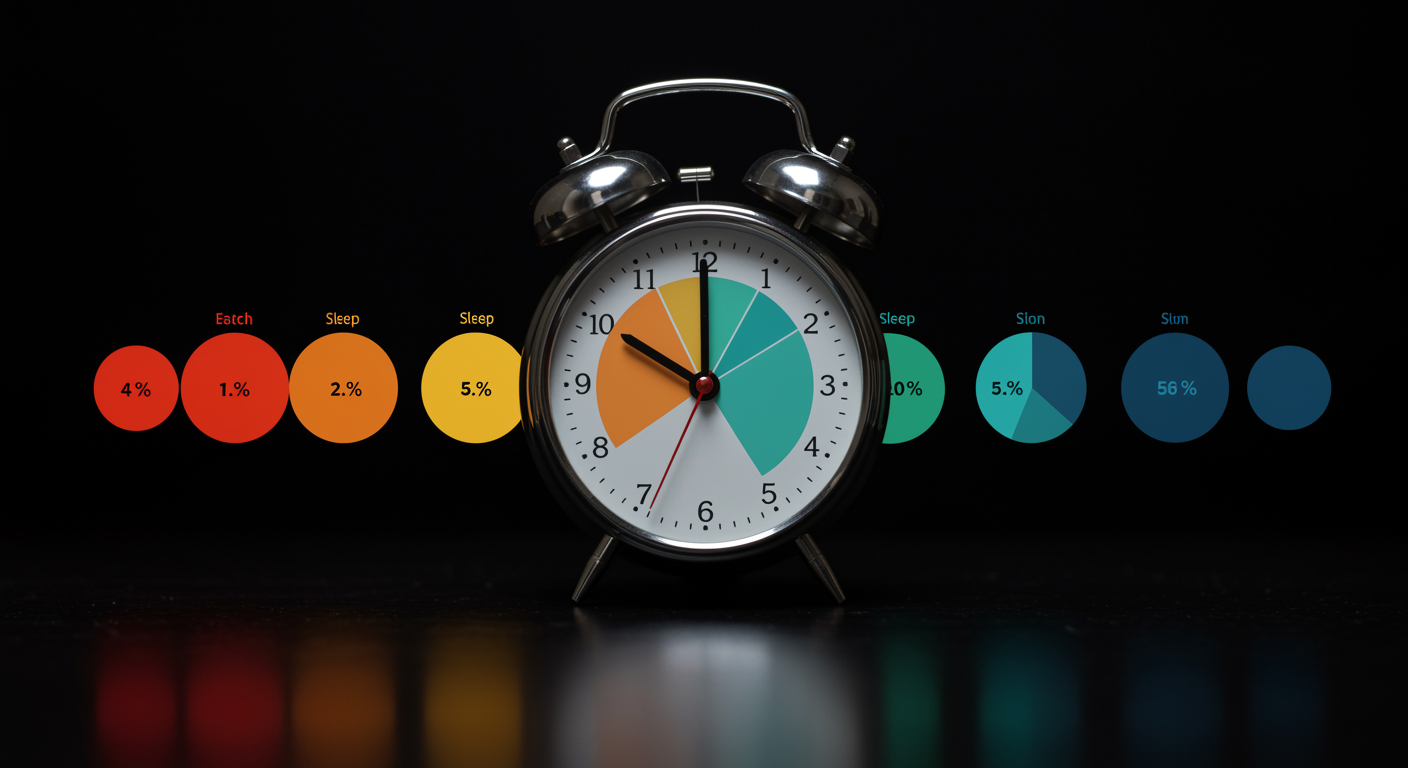4-Hour vs 6-Hour Time-Restricted Feeding: Effects on Sleep and Weight Loss
How Do Different Time-Restricted Eating Windows Affect Sleep and Weight Loss?
Comparing 4-hour versus 6-hour time-restricted eating windows reveals that both approaches improve sleep quality and promote weight loss, but with important differences in sustainability and sleep outcomes. This clinical trial found that participants following a 6-hour eating window (such as 12 PM to 6 PM) showed better sleep quality improvements and higher adherence rates compared to those with a 4-hour window, while both groups achieved significant weight loss. The 4-hour group lost slightly more weight (8.2% vs 6.8% body weight) but experienced more sleep disruption initially and had higher dropout rates. The research suggests that moderate time restriction may provide the optimal balance between metabolic benefits and sleep quality maintenance.

